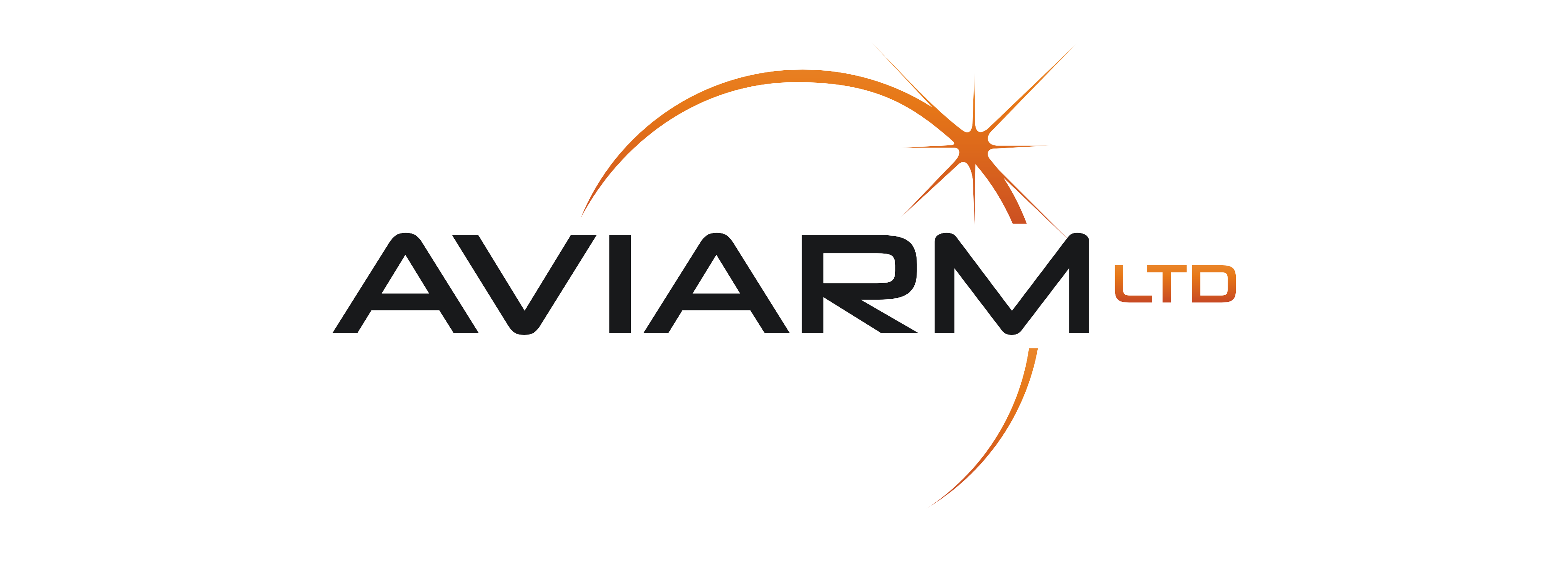Ajax Lessons Learned Review Released

The Ajax Lessons Learned Report by Clive Sheldon KC has finally been released - all 172 pages of it. It is very thorough and detailed, even within it's tightly limited scope, and this is a summary of my thoughts.
The Army was desperate for a win
The Army, having received considerable criticism in various reviews and reports for it's failure to deliver major new armoured vehicle programmes over decades, wanted to be seen to be capable of delivering a complex programme. As the programme encountered delays they initially attempted to compensate by redefining Initial Operating Capability (IOC) - reducing the number of vehicles required and also the capability of those vehicles, rather than delay the IOC date. This drove some negative behaviours and outcomes, including a distracting focus on the politically-important IOC date rather than the operationally-important Full Operating Capability (FOC) date.
This was partly driven by concern that late delivery would affect morale, but risked the reputation of the programme by delivering a first batch of sub-standard vehicles.
The Government thought it had approved the procurement of a modified off-the-shelf solution
The Investment Approvals Committee, Government Ministers and the Treasury thought they had given main gate approval to purchase a modified off-the-shelf solution based on the existing Ascod vehicle. In fact, the Army's requirement when expressed in its ~1200 Key User Requirements meant they were developing a bespoke vehicle that had little in common with in-service Ascod variants. As the programme progressed and technical issues developed, nobody told them differently until late in the programme. This meant that the risks of overlapping the demonstration and manufacturing phases of the programme were not fully appreciated.
The Senior Responsible Owner was kept in the dark
The Senior Responsible Owner (SRO) was accountable for the programme meeting its objectives, yet DE&S failed to appreciate the importance of the SRO role and often kept him at arms length. Information wasn't shared freely with the SRO by DE&S, and he wasn't invited to key high-level review meetings with General Dynamics.
Bad news was withheld or watered-down
Concerns raised by staff working on the programme were repeatedly watered down as they flowed up though senior ranks to give a more positive spin on progress. Cultural issues meant that Army staff were reluctant to escalate concerns to senior Officers, particularly if a solution wasn't known. This meant that top level Army and MOD leaders and Government Ministers were genuinely in the dark about the true extent of the problems and the low probability of hitting IOC and FOC dates, as reports into the Investment Approvals Committee repeatedly emphasised progress whilst ignoring or playing-down problems.
The Army doesn't have a strong safety culture
The report noted the "very strongly ingrained" culture of escalating safety concerns within the RAF was lacking in the Army. Noise and vibration issues were known at more junior levels within the programme from 2014, but efforts to escalate them were for many years rejected as being "anecdotal", or lacking supporting evidence in the face of claims by General Dynamics that noise and vibration levels were acceptable. Attempts to escalate concerns outside of the normal chain of command, or via the early issue of reports in draft form, were discounted.
The prevailing attitude was that soldiers were expected to endure discomfort and that "ringing ears" and "tingly feet" were entirely normal after spending time in an armoured vehicle, even when the highly experienced and knowledgeable staff at ATDU were expressing and attempting to escalate concerns.
The safety concerns were also to an extent 'lost in the noise' of the myriad of other problems afflicting the vehicles, but they didn't get prioritised and I was surprised at the lack of precautionary principle at play with regard to safety issues.
DE&S found DSTL difficult to work with, but DSTL were ultimately proved right
DSTL were contracted to provide expert advice on safety and technical issues to DE&S, and DSTL staff provided significant continuity with their long-term involvement with the programme. Yet DE&S staff described DSTL as "difficult to work with" and "pernickety". This may have been exaserpated by the sheer volume of issues affecting the programme. However the Review was concluded it was DSTL's job to be thorough and detailed, and having initially identified safety issues relating to noise and vibration back in 2014 they were eventually proved correct.
Senior leaders were more concerned about politics and optics
In 2020, safety concerns were finally starting to register at senior levels, the Ajax programme was also starting to attract criticism from MPs as it missed it's initial IOC date. However with preparation for the 2021 Integrated Review under way, the Army became particularly averse to bad news, as it feared reputational damage and a weakening of it's position when competing with other front line commands for limited funding and resources.
Junior staff felt they were undermined by senior leaders
The Ajax contract allowed for payments to General Dynamics to be withheld if they failed to achieve milestones, and the DE&S and Army project teams felt that should happen. However they were frustrated by the decision taken at senior level to continue to make 'discretionary' payments to incentivise GD and avoid further delays.
There were also reports that junior staff felt undermined by senior leaders during meetings with GD when the senior leaders appeared to side with GD over their own staff. Assurances from GD were too readily accepted over the views and concerns of team members who had been in post for some time and had a fuller understanding of the issues.
General Dynamics and the MOD were still in a legal dispute last year
And maybe still are. The Vice President of General Dynamics Land Systems - UK declined to be interviewed by the review on the advice of their lawyers, stating "While the dispute continues it would be inappropriate for [their client] to discuss with you and your team... matters relating to the Ajax Contract, not least because MOD’s management of the Contract at all levels may form part of any arbitration that may result from a failure to achieve amicable resolution".
Where now?
Earlier this year the MOD announced that IOC for Ajax had slipped until late 2025, and FOC until 2028/29 - substantial and embarrassing delays. With CVR(T) confirmed as leaving service this year, Warrior will be retained to cover the reconnaissance role until Ajax is in service. It is estimated that there will be an additional cost of £200m to extend the life of Warrior, in addition to the £800k of legal advice costs incurred for the programme by the MOD as of January 2023, and the estimated £500k of the Sheldon Review itself.



